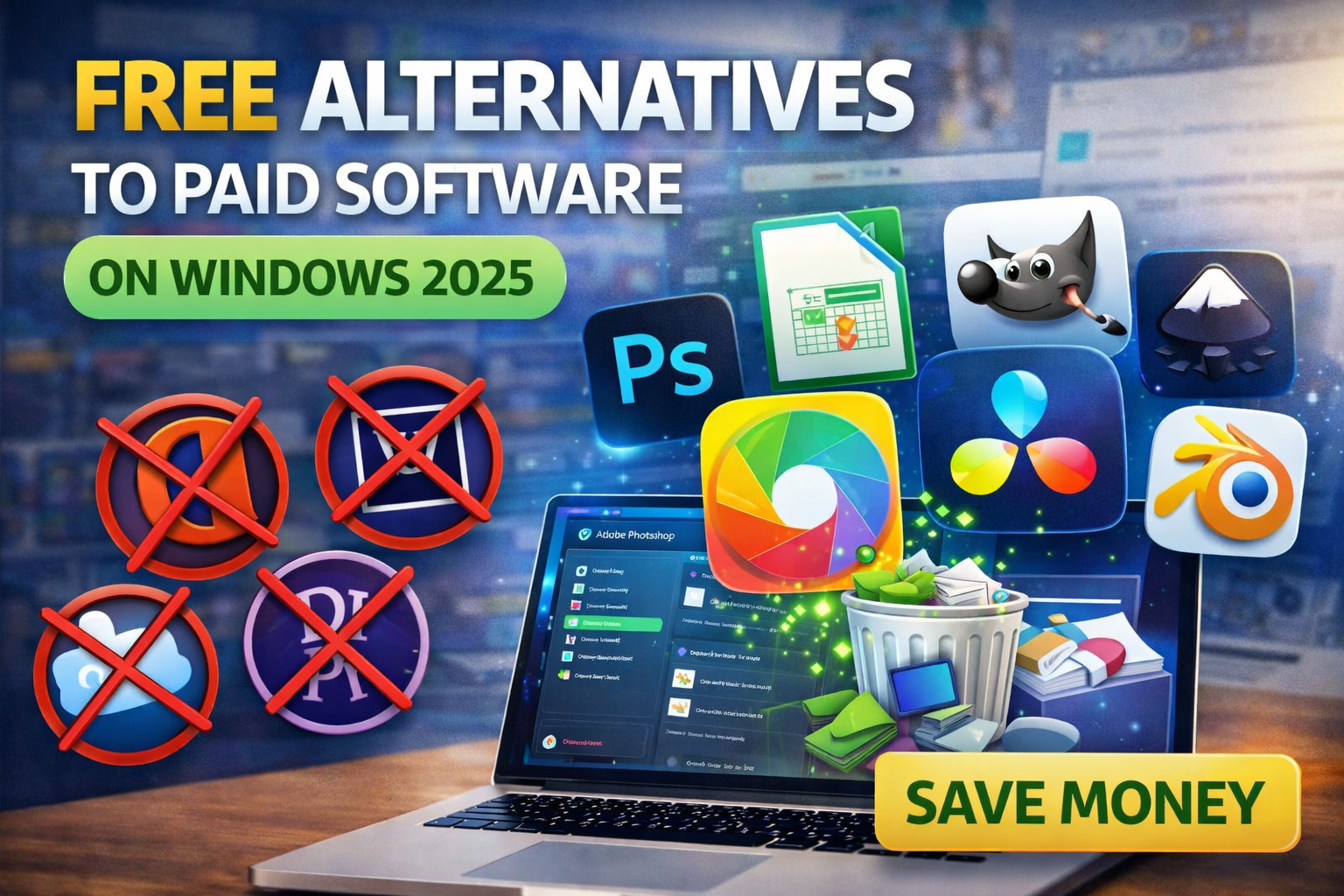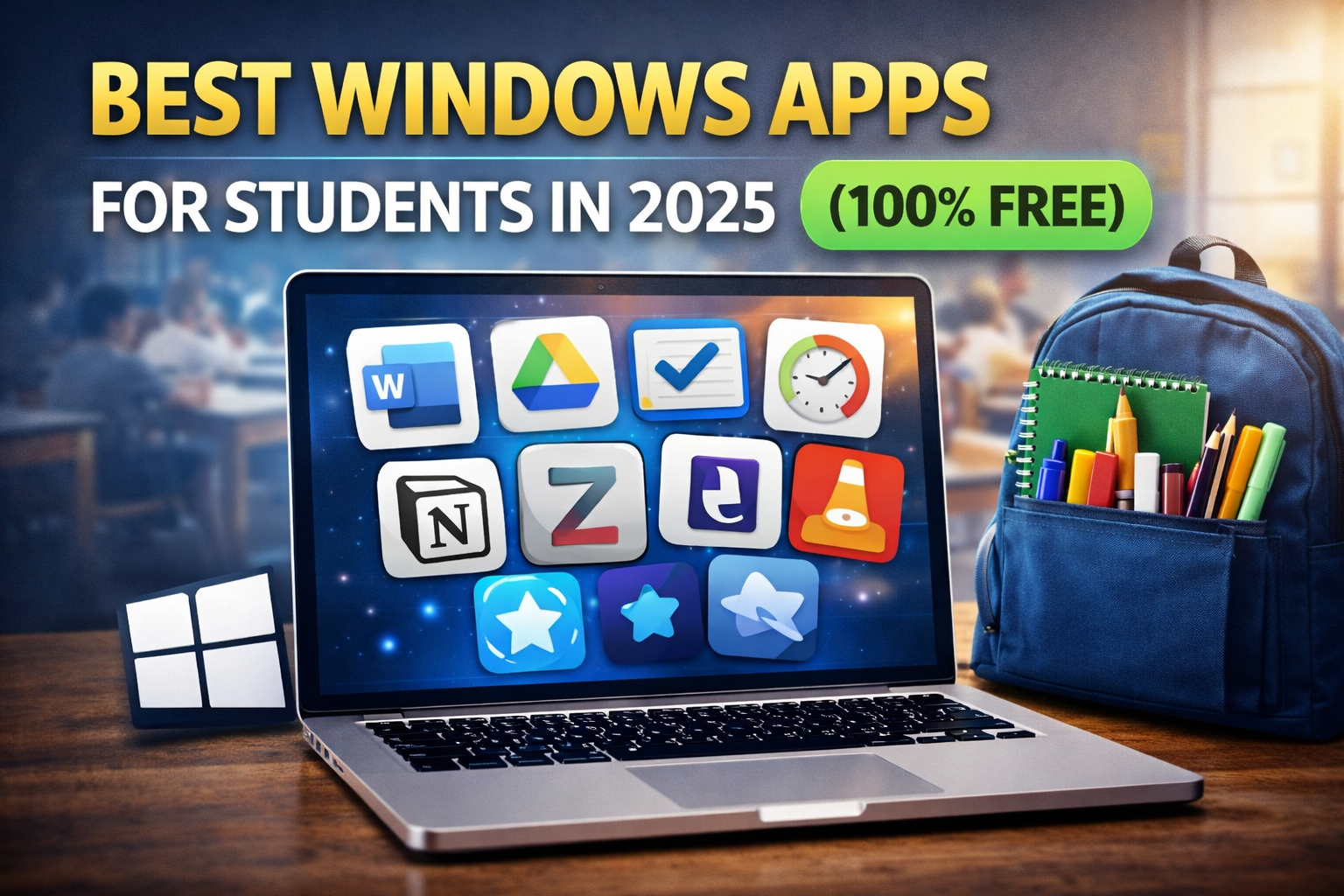

Additional Information
An open-source programming language supported by Google
| Latest Version | Go 1.26.0 |
| Requirements |
Windows 7 64/Windows 8 64/Windows 10 64/Windows 11 |
| Updated | February 12, 2026 |
| Author | |
| Category | Developer Tools |
| License | Open Source |
| Language | English |
| Download | 2419 |
Overview
Developed in an open source environment under the leadership of Google corporation, Go today offers everyone (and especially novices) a compelling development environment with a wide array of useful tools such as source code samples, extensive documentation, libraries, compiling tools, and built-in services such as garbage collection, dynamic and predictive typing, safety options, and much more.
- Easy to learn and great for teams
- Built-in concurrency and a robust standard library
- Large ecosystem of partners, communities, and tools
Originally created in 2007 as an internal tool at Google to improve the productivity of a large number of multithreaded, networking, and database processing projects, this programming language finally arrived in public hands in 2012, after which it became a popular tool for many open-source software projects all around the world. In addition to open-source development, Go also contributed to the development of popular solutions from Cloudflare, Netflix, SoundCloud, Twitch, Uber, and many others. Since its original release, Go received 19 notable updates, with the latest one coming out in the summer of 2022.
Explore a wealth of learning resources, including guided journeys, courses, books, and more!
Google has ensured that Go represents a viable alternative to software developers of all skill levels, providing this development environment with all necessary commands found in modern programming languages. This programming language is regarded as simpler to use than regular C, with streamlined and easy-to-understand commands, and dynamic syntax, and has built-in support for concurrent actions and multi-threaded processing that is needed for the development of modern apps.
Go includes support for code formatting, remote actions, renaming variables, code generators, code execution, building binaries, and everything else modern programmers rely on in their projects. The app comes with two built-in compilers (“gccgo” as a frontend for GCC, and “gc” for the actual building of fully featured apps for all major 32-bit and 64-bit platforms). Projects made with the Go language can also be compiled to JavaScript via 3rd party utility GopherJS.
FAQ
What is Go?
Go is a free and open-source programming language that is designed to be efficient and scalable for software development.
What are the advantages of using Go?
Go offers a wide range of advantages, such as enhanced memory performance, fast build times, a robust standard library, and support for several IDEs. It also provides automatic formatting and doc generation, making it easy for developers to work on large projects.
Can I use Go to develop web applications?
Yes, Go is an excellent choice for web development. It provides powerful tools and libraries that can help you build fast and scalable web applications.
Is Go suitable for DevOps and Site Reliability Engineering?
Yes, Go is built to support both DevOps and Site Reliability Engineering. Its fast build times and lean syntax make it an ideal choice for these purposes.
What operating systems does Go support?
Go supports a wide range of operating systems, including Windows, macOS, Linux, and FreeBSD. It also runs on several hardware platforms, including x86, x64, and ARM.
What’s possible with Go
- Cloud & Network Services - Build services easily with Go and major cloud providers' tools and APIs.
- Command-line Interfaces - Create fast and elegant CLIs with Go's robust standard library and open-source packages.
- Web Development - Power fast and scalable web applications with Go's enhanced memory performance and IDE support.
- DevOps & Site Reliability - Support DevOps and SRE with Go's fast build times, lean syntax, and automatic formatter and doc generator.
It can be deployed on any modern Windows PC (as well as many other operating systems, including Linux, macOS, BSD, FreeBSD, Solaris, Plan 9, and others) either as an automated installer or a portable app.
The Go command by default downloads and authenticates modules using the Go module mirror and Go checksum database run by Google.
PROS
- Easy to learn and great for teams
- Built-in concurrency and robust standard library
- Large ecosystem of partners, communities, and tools
- Enhanced memory performance
- Fast build times
- Support for DevOps and Site Reliability Engineering
- Automatic formatting and doc generation
- Supports multiple IDEs
- Cross-platform support
CONS
- Smaller community compared to some other programming languages
- Limited support for some libraries and tools
Conclusion
All in all, Go is a standalone programming language designed to provide software engineers with a modern and efficient development environment. Developed in an open-source environment under the leadership of Google, it offers built-in features such as garbage collection, dynamic and predictive typing, and safety options. It is easy to learn and great for teams with a robust standard library and a large ecosystem of partners, communities, and tools.
Although it has a smaller community compared to some other programming languages and limited support for some libraries and tools, Go provides an excellent alternative for software developers of all skill levels. All recommendations from the FileHorse review team!










No comments yet. Be the first to comment!